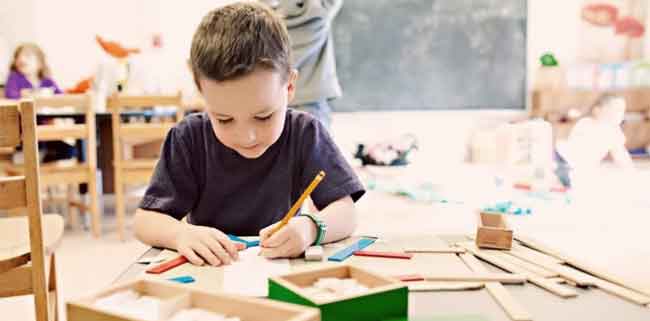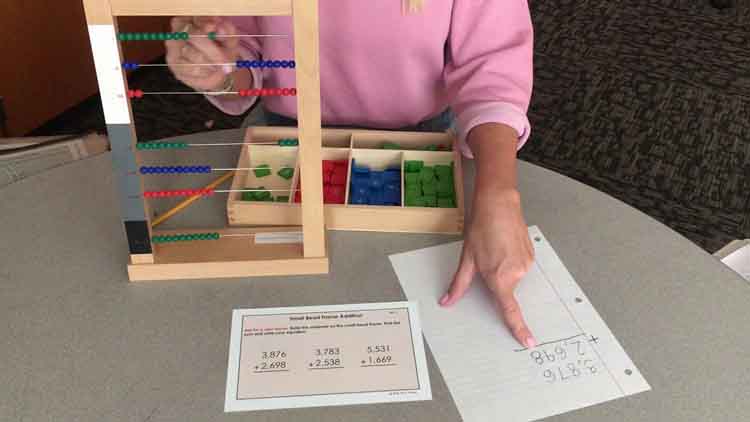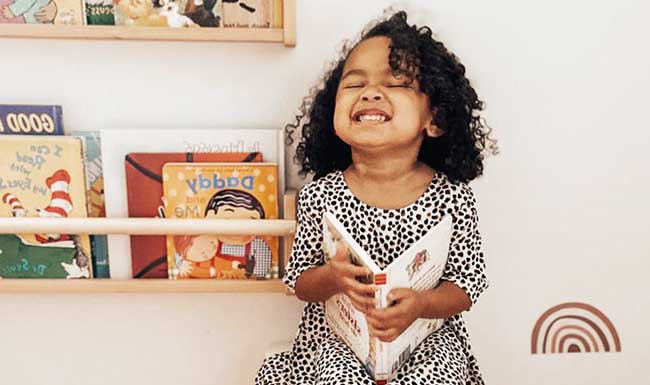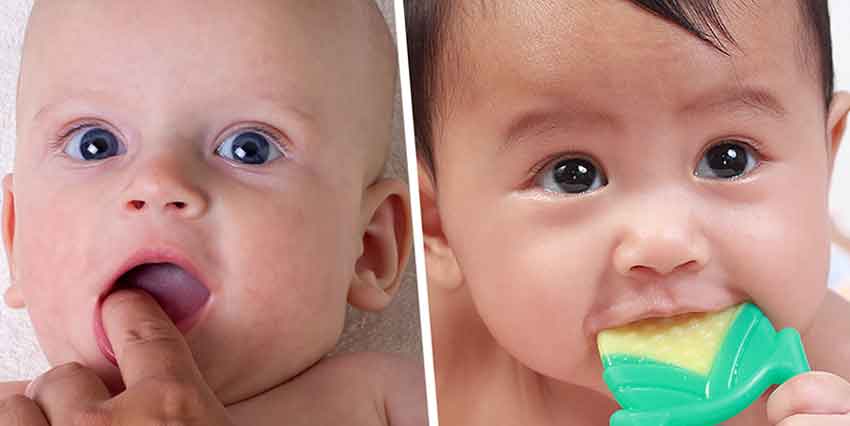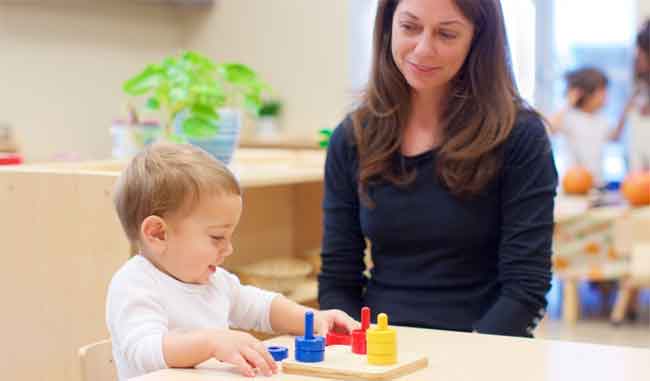Cognitive Development
This part highlights what is understood about cognitive growth in younger kids. It begins with key ideas from analysis viewpoints which have contributed to current advances in understanding of the growing thoughts, after which presents the implications of this information for early care and training settings. The next part addresses the educational of particular topics, with a give attention to language and arithmetic.
Research of early cognitive growth have led researchers to grasp the growing thoughts as astonishingly competent, lively, and insightful from a really early age. For instance, infants interact in an intuitive evaluation of the statistical regularities within the speech sounds they hear en path to setting up language (Saffran, 2003). Infants and toddlers derive implicit theories to elucidate the actions of objects and the conduct of individuals; these theories type the muse for causal studying and extra subtle understanding of the bodily and social worlds. Infants and younger kids are also keenly attentive to what they will study from the actions and phrases directed to them by different individuals. This capability for joint consideration often is the basis that allows people to profit from culturally transmitted data (Tomasello et al., 2005). Infants reply to cues conveying the communicative intentions of an grownup (akin to eye contact and infant-directed speech) and tune in to what the grownup is referring to and what might be discovered about it. This “pure pedagogy” (Csibra, 2010; Csibra and Gergely, 2009) turns into extra subtle within the sensitivity of preschoolers to implicit pedagogical guides in grownup speech directed to them (Butler and Markman, 2012a,b, 2014). Younger kids rely a lot on what they study from others that they turn into astute, by the preschool years, in distinguishing grownup audio system who’re possible to offer them with dependable info from those that will not be (Harris, 2012; Jaswal, 2010; Koenig and Doebel, 2013). This connection of relationships and social interactions to cognitive growth is per how the mind develops and the way the thoughts grows, and is a theme all through this chapter.
A lot of what present analysis exhibits is occurring in younger kids’s minds is just not clear of their conduct. Infants and younger kids could not present what they know due to competing calls for on their consideration, limitations in what they will do, and immature self-regulation. This is without doubt one of the explanation why developmental scientists use rigorously designed experiments for elucidating what younger kids know and perceive concerning the world. By designing analysis procedures that eradicate competing distractions and depend on easy responses (akin to trying time and expressions of shock), researchers search to uncover cognitive processes that may in any other case be harder to see. Proof derived on this experimental method, such because the examples within the sections that comply with, might be useful in explaining younger kids’s speedy progress in language studying, imitation, drawback fixing, and different expertise.
Implicit Theories
One of the crucial essential discoveries concerning the growing thoughts is how early and considerably very younger kids, even beginning in infancy, are uniting disparate observations or discrete details into coherent conceptual techniques (Carey, 2009; Gopnik and Wellman, 2012; Spelke and Kinzler, 2007). From very early on, kids will not be merely passive observers, registering the superficial look of issues. Relatively, they’re constructing explanatory systems—implicit theories—that arrange their data. Such implicit theories include causal ideas and causal relations; these theories allow kids to foretell, clarify, and motive about related phenomena and, in some circumstances, intervene to vary them. As early as the primary 12 months of life, infants are growing incipient theories about how the world of individuals, different residing issues, objects, and numbers operates. It is very important level out that these foundational theories will not be merely remoted types of data, however play a profound function in kids’s on a regular basis lives and subsequent training.
Theory of Mind
Folks intuitively perceive others’ actions as motivated by needs, targets, emotions, intentions, ideas, and different psychological states, and we perceive how these psychological states have an effect on each other (for instance, an unfulfilled need can evoke damaging emotions and a motivation to proceed attempting to attain the aim). One exceptional discovery of analysis on younger kids is that they’re growing their very own intuitive “map” of psychological processes like these from very early in life (Baillargeon et al., 2010; Saxe, 2013; Wellman and Woolley, 1990). Kids’s growing concept of thoughts transforms how they reply to individuals and what they study from them. Infants and young children are starting to grasp what goes on in individuals’s minds, and the way others’ emotions and ideas are just like and completely different from their very own.
Content Prepared by: Pratheek
Contact no: +91 98468 08283
